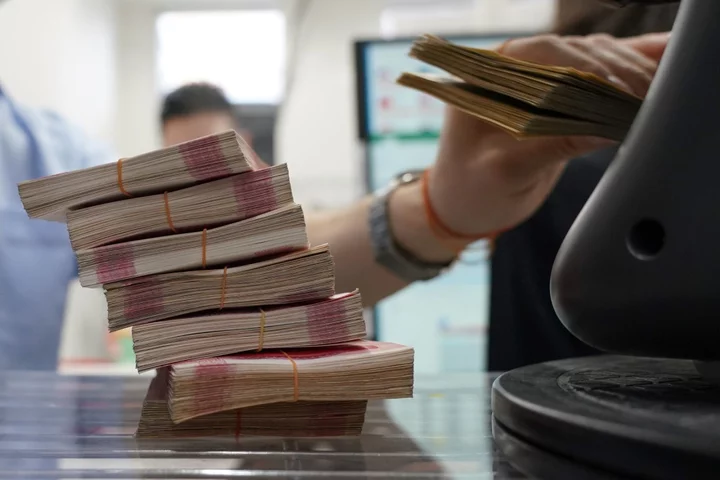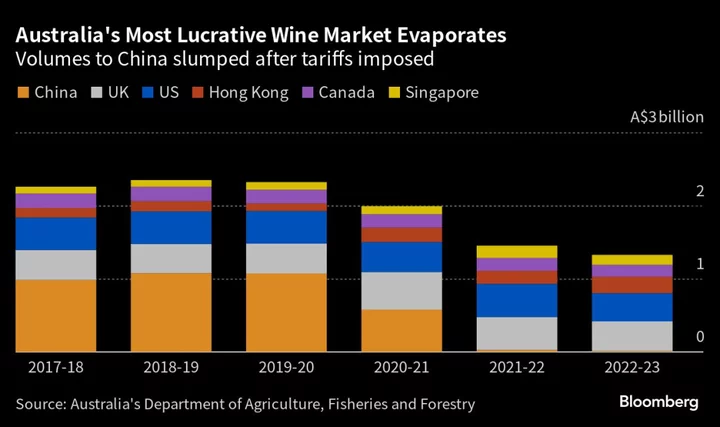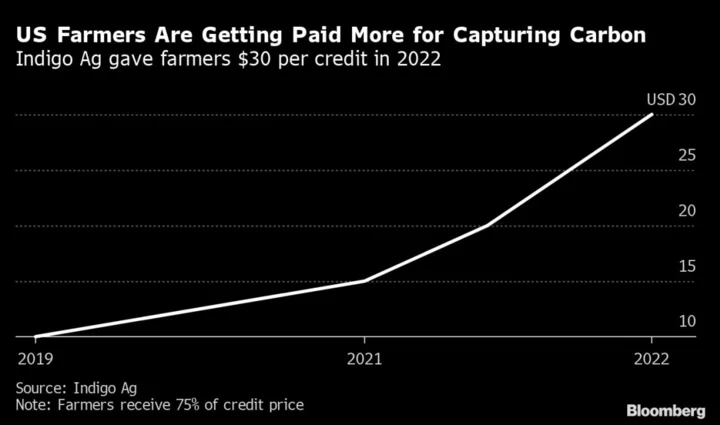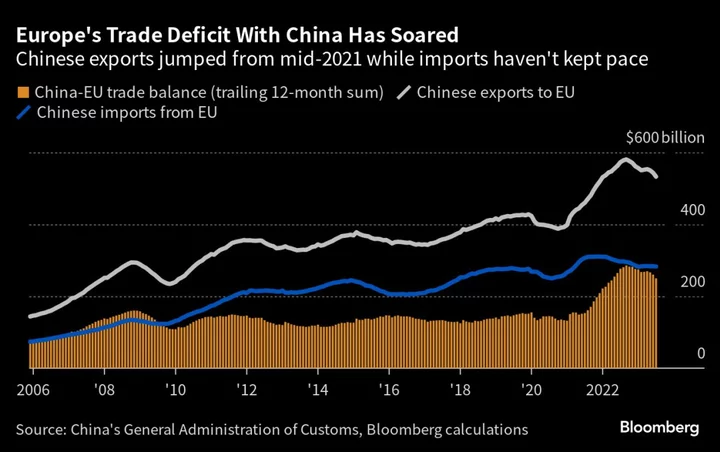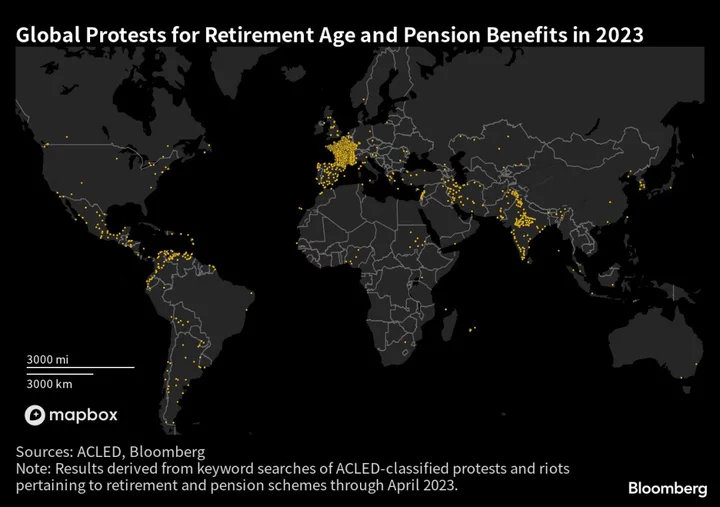The US Treasury said seven major economies, including China, were on its “monitoring list” for currency practices, while refraining in a semiannual report from designating any trading partner as a foreign-exchange manipulator.
The congressionally mandated report is designed to pressure trading partners perceived to be artificially holding down their exchange rates in order to gain competitive advantage. But last year the dollar appreciated alongside the Federal Reserve’s monetary tightening.
“Most foreign-exchange intervention by US trading partners last year was in the form of selling dollars, actions that served to strengthen their currencies,” Treasury Secretary Janet Yellen said in a statement accompanying the report Friday. “However, Treasury remains vigilant to countries’ currency practices and policy settings and their consistency with strong sustainable and balanced global growth.”
The Treasury said that “no major US trading partner manipulated the rate of exchange” to gain unfair advantage in the four quarters through December 2022. It also said that none had met all three criteria for being designated as manipulators. Switzerland exceeded one of the three, the Treasury said. The department will continue “an in-depth analysis of Switzerland” until it no longer meets any of the three criteria, it said.
China, South Korea, Germany, Malaysia, Singapore, Switzerland and Taiwan were on the Treasury’s “monitoring list” of economies that “merit close attention to their currency practices and macroeconomic policies.” Japan, which was on that list in the report released in November, was dropped.
The Treasury reiterated its call for greater transparency in how China conducts its exchange-rate policy. That’s despite China’s central bank governor, Yi Gang, saying in April that the yuan was largely market determined.
Read More: Yi Says China Largely Ended Currency Intervention in Market Tilt
“China’s failure to publish foreign exchange intervention and broader lack of transparency around key features of its exchange rate mechanism make China an outlier among major economies and warrant Treasury’s close monitoring,” the department said Friday.
Japan intervened during 2022 to cushion the yen’s decline. A Treasury official told reporters on a call on Friday’s report that the US looks at the persistence of intervention. There’s a firm expectation that in large, freely traded exchange markets, intervention should only be done in extreme circumstances, and in consultation with Group of Seven partners, the official said.
Read More: Yellen Says No Information on Japan Intervening on Yen Again
The Treasury is required to craft the report under the 1988 Omnibus Foreign Trade and Competitiveness Act and the 2015 Trade Facilitation and Trade Enforcement Act. It’s aimed at addressing concerns that US trading partners might artificially weaken their currencies to gain a competitive advantage in trade.
A manipulator designation has no specific or immediate consequence, but the law requires the administration to engage with those trading partners to address the perceived exchange-rate imbalance. Penalties, including exclusion from U.S. government contracts, could be applied after a year if the label remains.
The Trump administration designated China in 2019 and then dropped the tag five months later to win concessions in a trade deal. Switzerland and Vietnam saw the label applied to them by the Trump administration in 2020 and removed by the Biden administration in 2021.
The Biden administration has never hit a US trading partner with the manipulator label.

